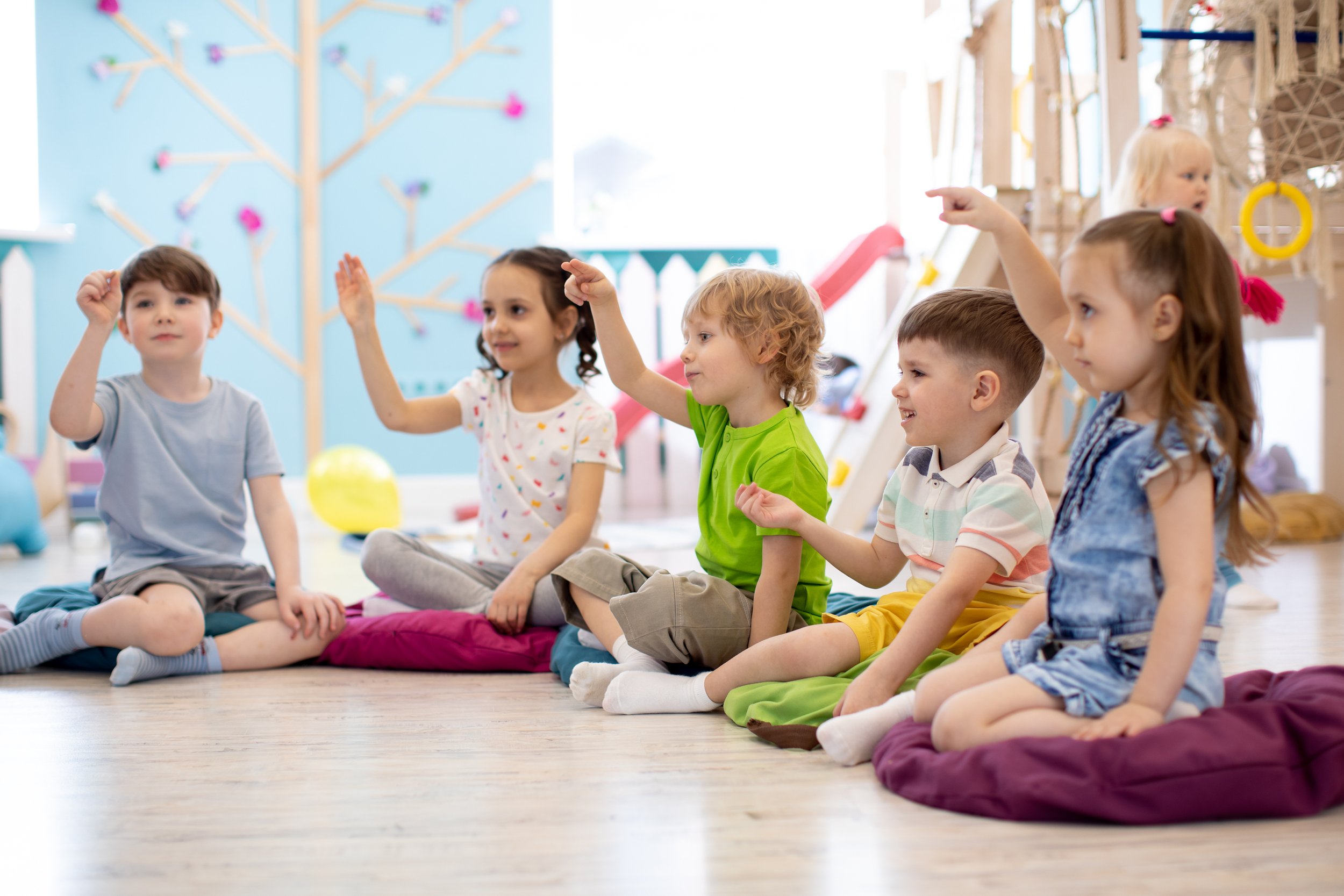
Social Communication
Social communication allows us to connect with each other in order to gain a sense of community and belonging. It includes both verbal and nonverbal language for social purposes.
Someone with a social communication disorder may have difficulty with:
Using appropriate greetings
Changing language and communication style based on setting or partner
Engaging in conversation
Repairing communication breakdowns
Interpreting the verbal and nonverbal signals of others during an interaction
Understanding ambiguous or figurative language
Making inferences (understanding information that is not explicitly stated)